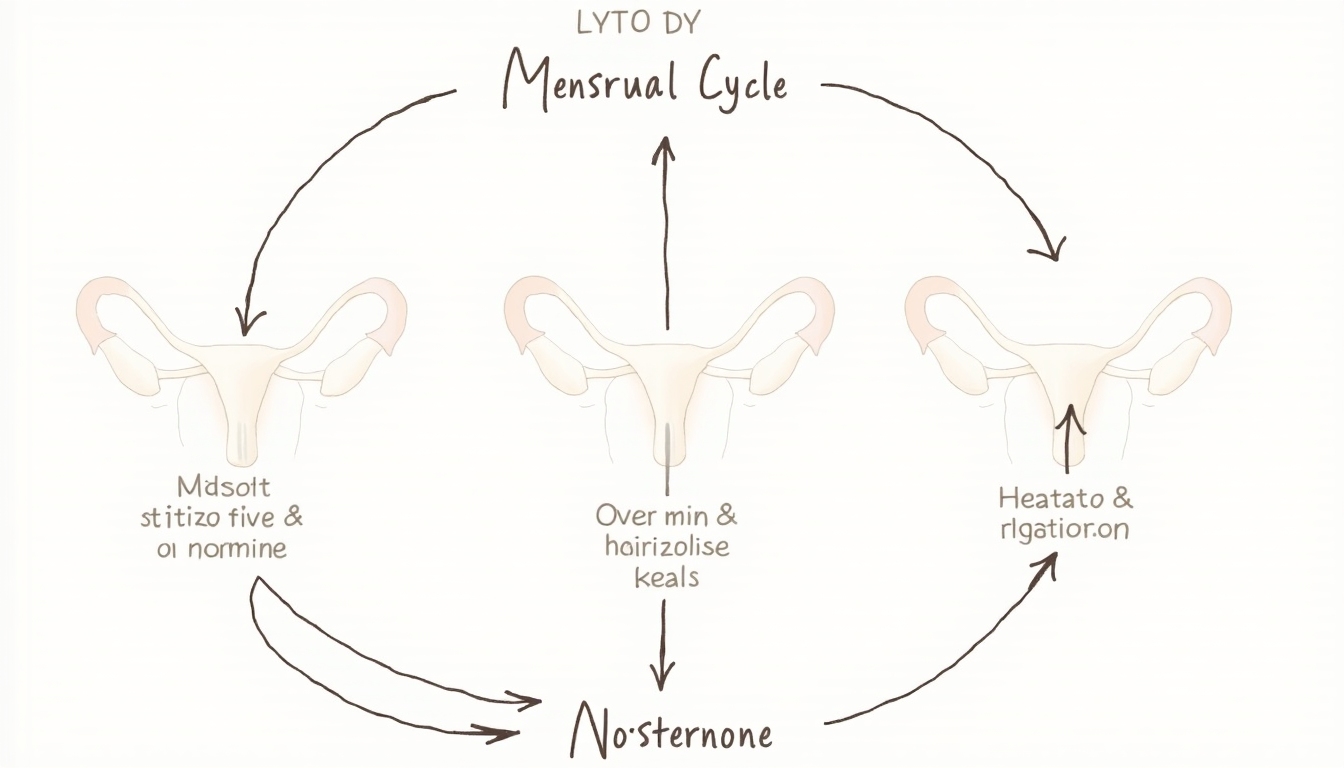Common Causes of Ovulation Disorders
Nov. 28, 2024, 4:19 a.m.
Understanding Ovulation Disorders
Ovulation disorders are one of the leading causes of female infertility, affecting many women globally. By identifying the common causes of ovulation disorders, we can better understand how they impact fertility and the potential paths to address these challenges.
What are Ovulation Disorders?
Ovulation disorders occur when there is a disruption in the regular process of the ovaries releasing an egg. This disruption leads to irregular or absent menstrual cycles, significantly impacting a woman's ability to conceive. Common causes of ovulation disorders can range from hormonal imbalances to lifestyle factors.

Causes of Ovulation Disorders
- PolyCystic Ovary Syndrome (PCOS):
-
PCOS is a hormonal disorder that is one of the most common causes of ovulation disorders. It is characterized by irregular menstrual cycles, excess androgen levels, and polycystic ovaries.
-
Hypothalamic Dysfunction:
-
The hypothalamus is responsible for regulating pituitary hormones. Stress, significant weight loss, or excessive exercise can affect its function, disrupting the production of the hormones necessary for ovulation.
-
Premature Ovarian Insufficiency (POI):
-
Also known as primary ovarian insufficiency, POI occurs when the ovaries fail to function properly before the age of 40. This condition can be caused by autoimmune diseases, genetic factors, or certain medical treatments.
-
Hyperprolactinemia:
- Elevated levels of prolactin (the hormone that stimulates breast milk production) can interfere with the production of hormones that regulate ovulation.

Lifestyle Factors Impacting Ovulation
- Stress: Chronic stress can lead to hormonal imbalances that may disrupt ovulation.
- Diet and Nutrition: Poor nutrition or extreme weight loss can affect hormone production. A balanced diet supports reproductive health.
- Exercise: While regular exercise is beneficial, excessive physical activity can lead to ovulation problems.
These lifestyle changes are actionable steps women can take to support their reproductive health.
| Lifestyle Factors | Impact on Ovulation |
|---|---|
| Stress | Hormonal Imbalance |
| Diet and Nutrition | Hormone Production |
| Exercise | Ovulation Disruption |

Impact on Female Infertility
Ovulation disorders are a significant cause of female infertility. Without regular ovulation, the chances of conception decrease dramatically. Understanding these disorders helps in exploring fertility treatments, such as medication to induce ovulation or lifestyle changes that may enhance fertility naturally.
Personal Insights and Experiences
Many women with ovulation disorders discover them during attempts to conceive. It's important to maintain open communication with healthcare providers and seek second opinions if treatment options are not effective. Sharing experiences in support groups can be empowering and provide new perspectives on managing these conditions.

Conclusions and Recommendations
Understanding the common causes of ovulation disorders helps in addressing female infertility effectively. Women empowered with knowledge about their bodies are better equipped to seek appropriate treatments and lifestyle adjustments, leading to improved reproductive health and better fertility outcomes.
Recommended Readings
For further reading, consider exploring materials that delve deeper into hormonal health, personal accounts of managing ovulation disorders, and advancements in reproductive medicine. These resources can provide additional insights and support.